The world is grappling with two major crises: the coronavirus pandemic and an epidemic of loneliness. Broadcaster and television host Riaz Meghji notes that even though digital forms of communication now inundate people’s lives, many individuals feel increasingly isolated – and it’s harming their mental and physical health. Meghji shares practical communication strategies to help you navigate the current social landscape. He shows you how to build more authentic connections in your professional and personal lives, and cultivate more empathy and curiosity for other people.
People are more connected, digitally, than ever. Yet loneliness is epidemic.
Healthy relationships generate a slew of positive benefits. Research shows, for example, that doubling your number of friends boosts your well-being as much as increasing your income by 50%. But despite humanity’s need for connection, people everywhere are experiencing increased loneliness. In 2018, 22% of American adults reported that they often or always felt isolated or lonely. The 2020 coronavirus pandemic has sent such feelings into overdrive.
Digital forms of communication abound, but social connection platforms can actually exacerbate feelings of loneliness. For example, people who passively scroll and post status updates on Facebook – as opposed to engaging with others via comments – actually feel more isolated.
US surgeon general Vivek Murthy describes five forms of being alone – the first four of which can damage your mental and physical health:
- Intimate loneliness – You long for someone in whom you can confide or an intimate partner.
- Relational loneliness – You yearn for quality social companions and friendships.











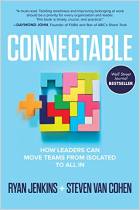
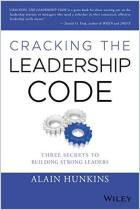
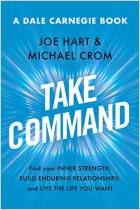
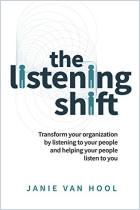
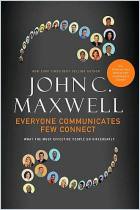
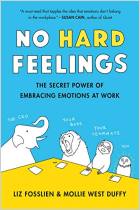






Comment on this summary or Diskussion beginnen